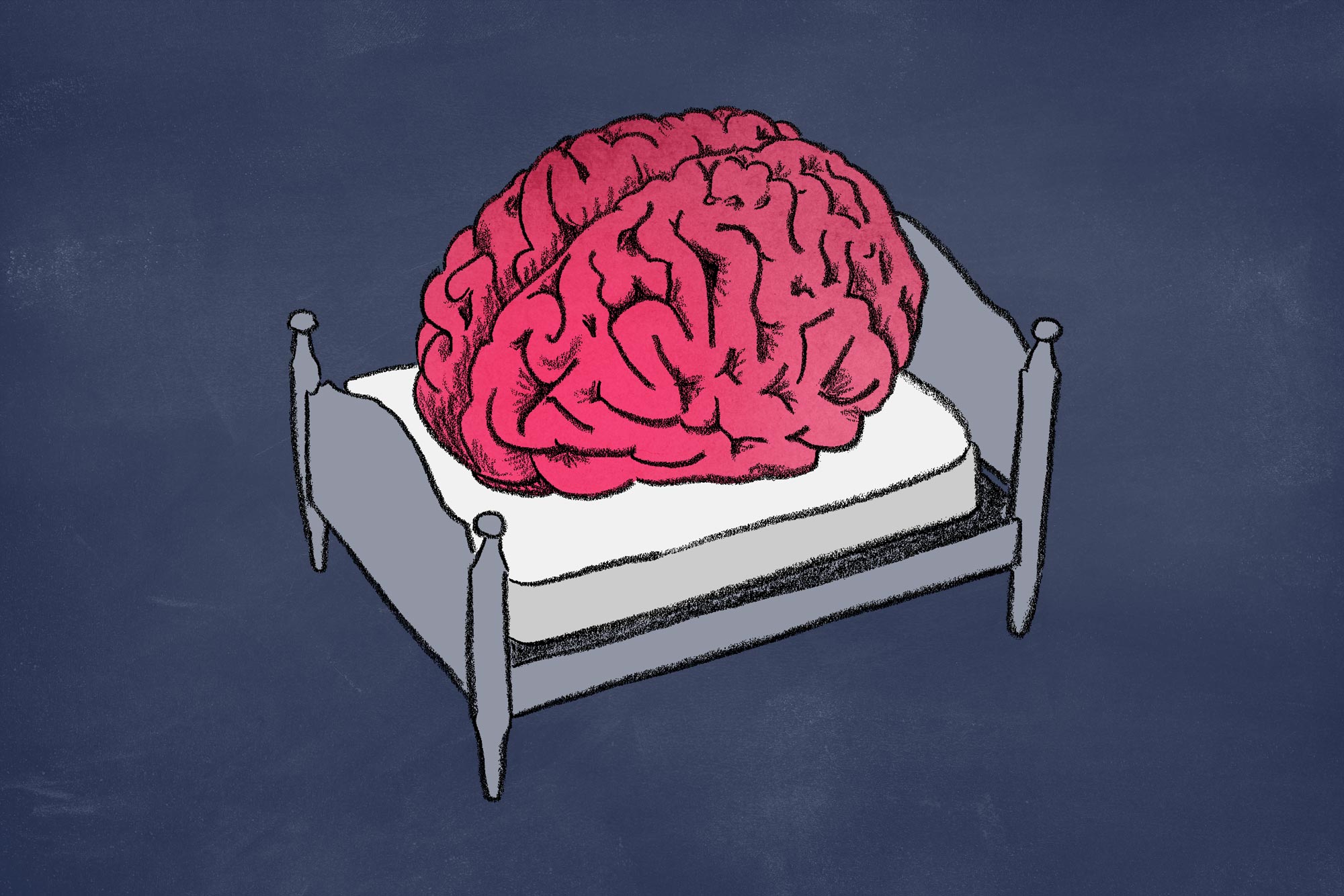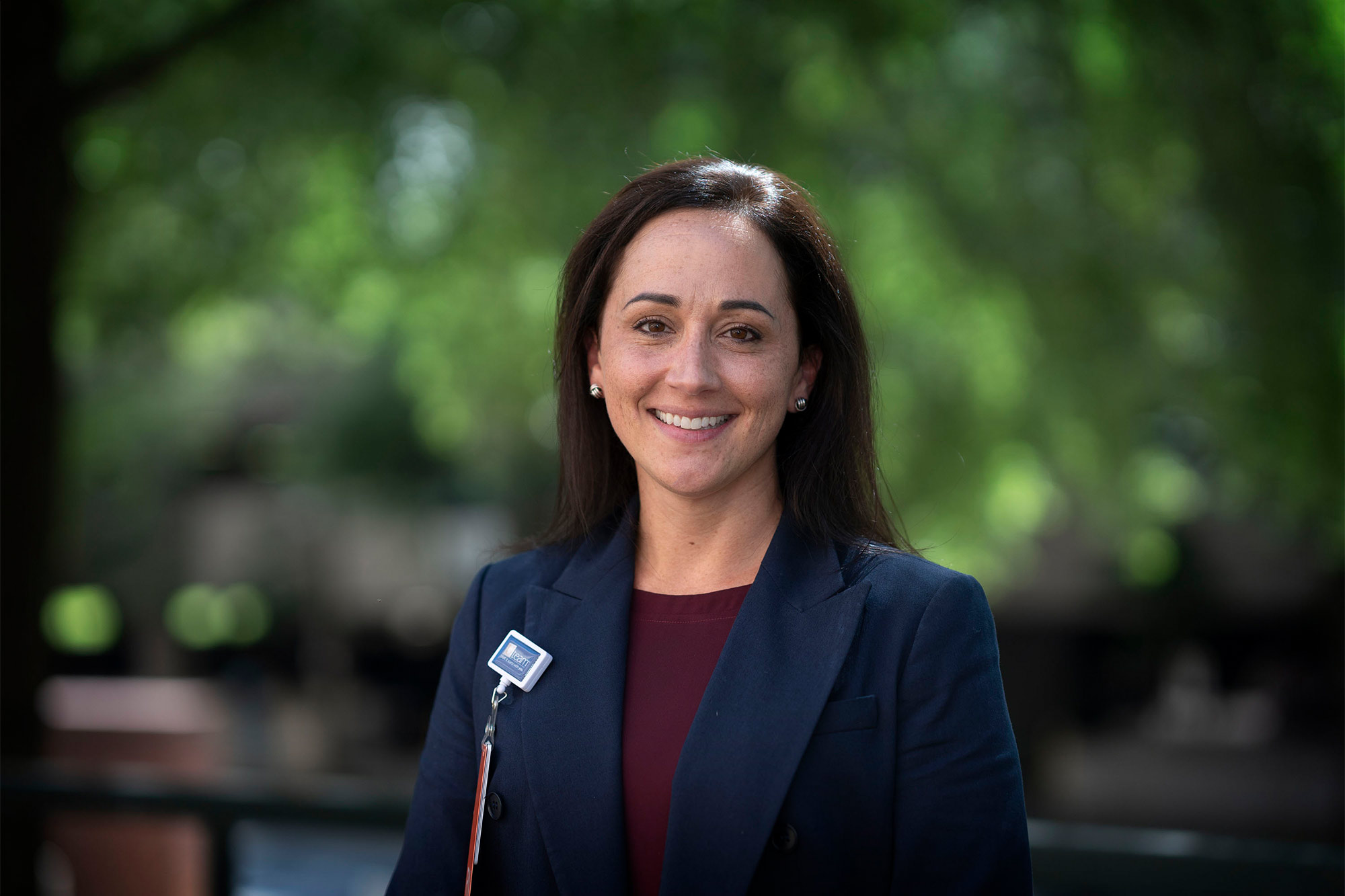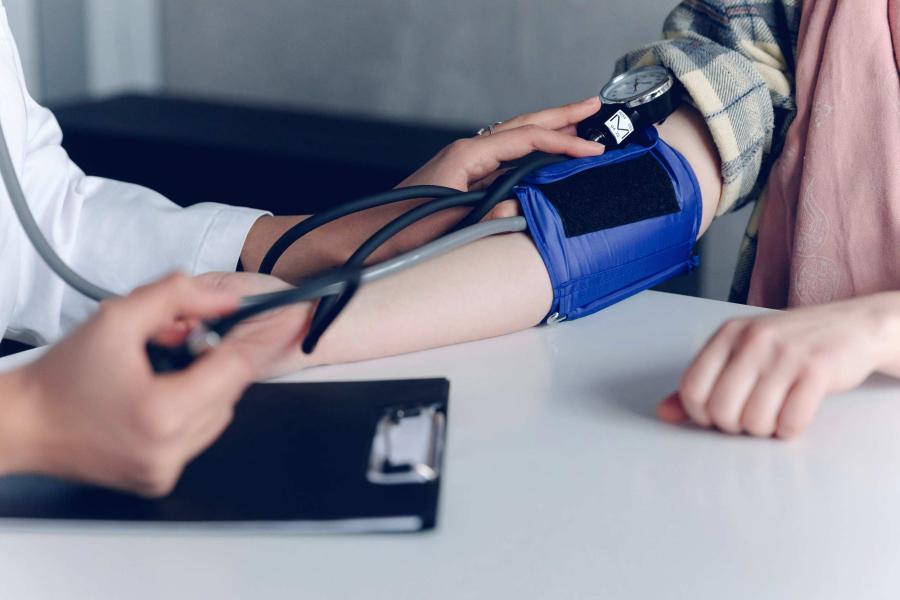How might insomnia-fighting interventions delivered over the internet help slow older patients’ descent into dementias such as Alzheimer’s disease?
With a $1.22 million, five-year grant from the National Institutes of Health, University of Virginia assistant professor of nursing Meghan Mattos will investigate the connections between poor sleep, cognitive decline and the potential brain-saving power of digital health.
Between one-quarter and one-third of adults over age 65 suffer from insomnia, defined as a difficulty falling or maintaining sleep and impaired functioning during waking hours. Among patients with dementia, up to half suffer from it. If left untreated, Mattos said, insomnia may exacerbate cognitive decline, though it remains unclear whether bad sleep causes dementia or dementia causes bad sleep.
“What is known,” said Mattos, “is that a good night’s sleep is essential, restorative, healing. It allows us to function socially, think clearly, and be engaged.”
While many seek insomnia relief through pharmaceuticals, such benefits are often short-lived when the body becomes inured to the drugs’ effect, Mattos said – precisely why her study’s non-pharmacologic, cognitive behavioral therapeutic approach is distinct.
“Meghan’s work, which underscores the power of sleep, adds to the science of holistic care,” said Marianne Baernholdt, Mattos’ former mentor, who now leads UVA School of Nursing, “and will ultimately benefit a growing population of older Americans who face cognitive and quality-of-life issues in their later years.”











